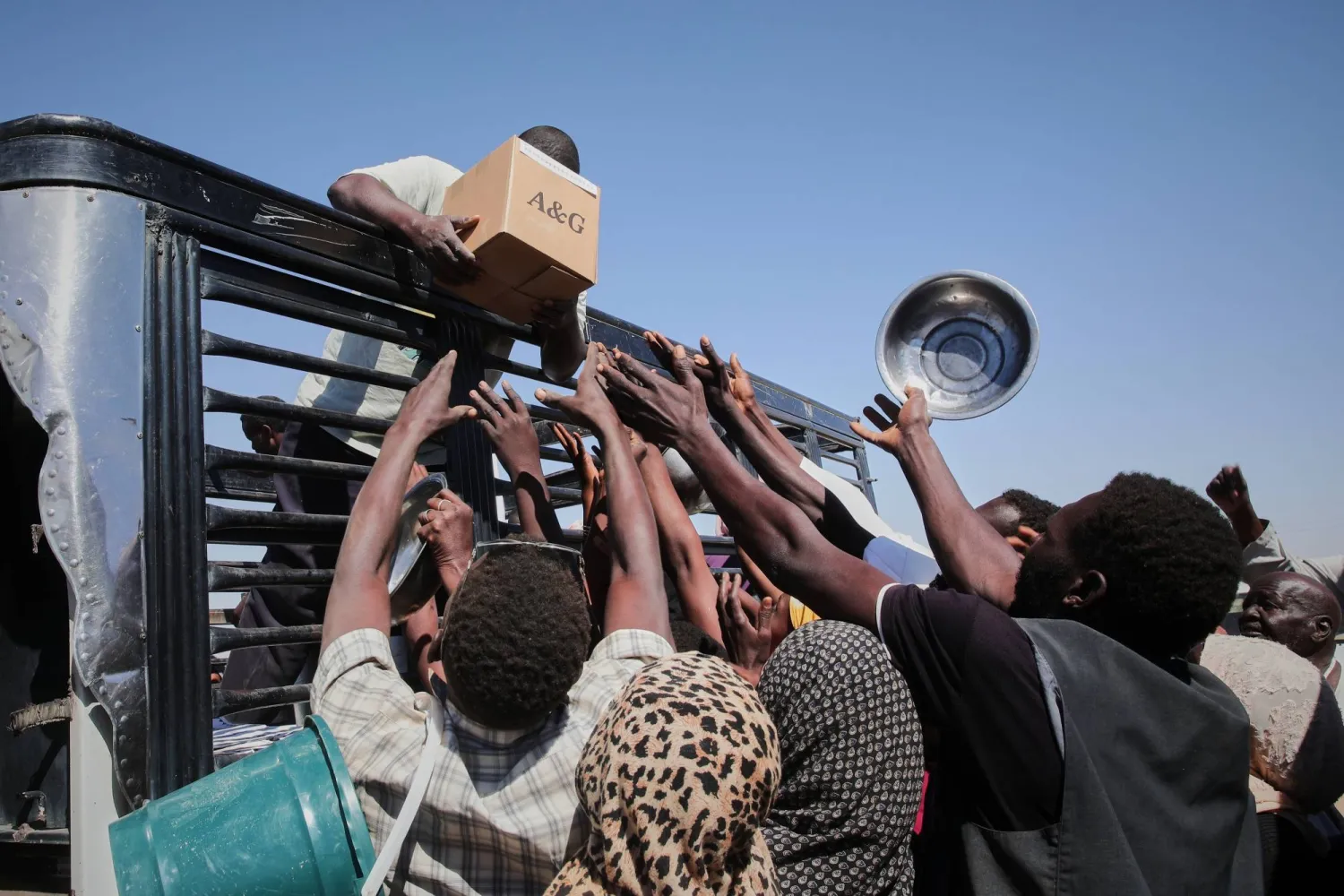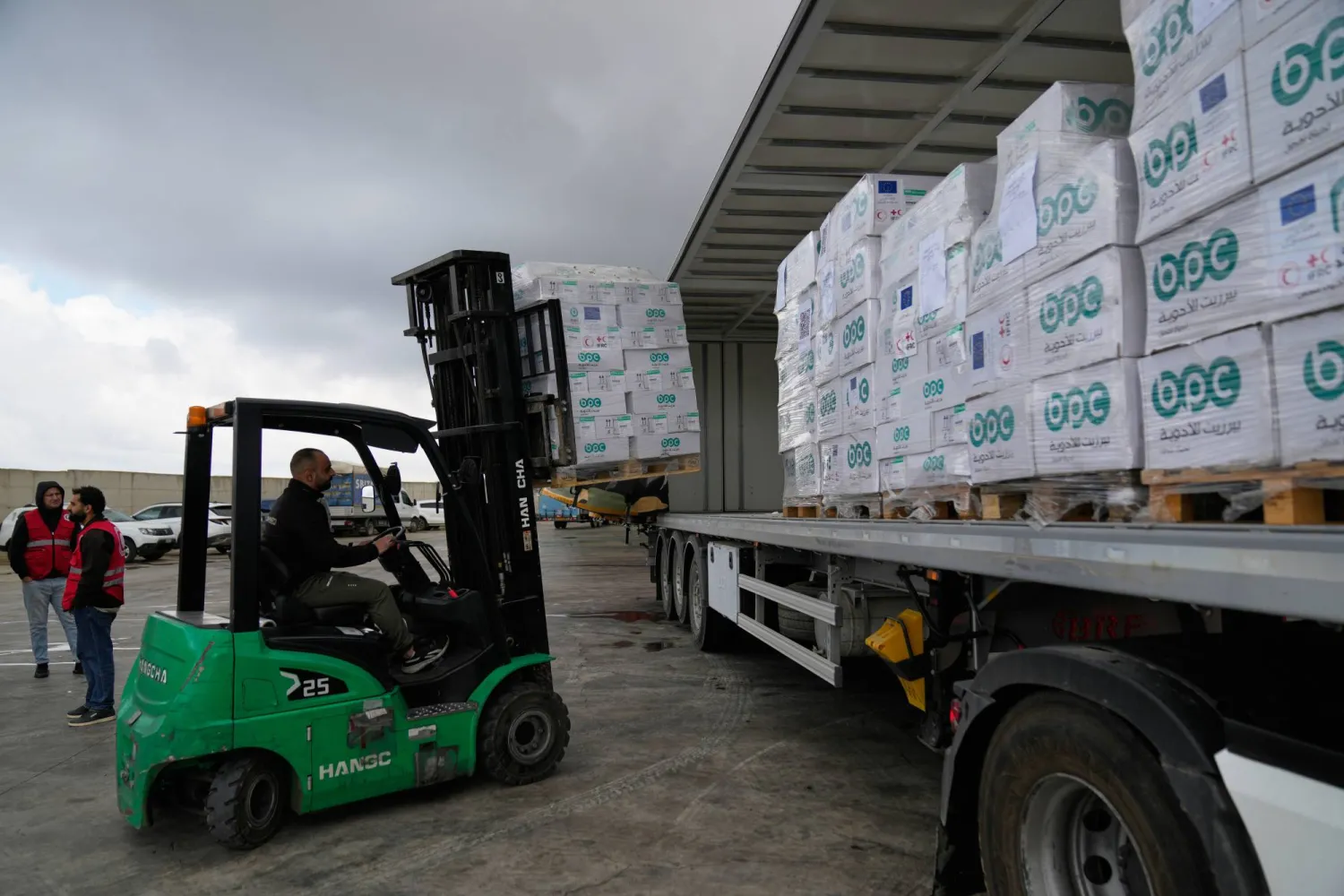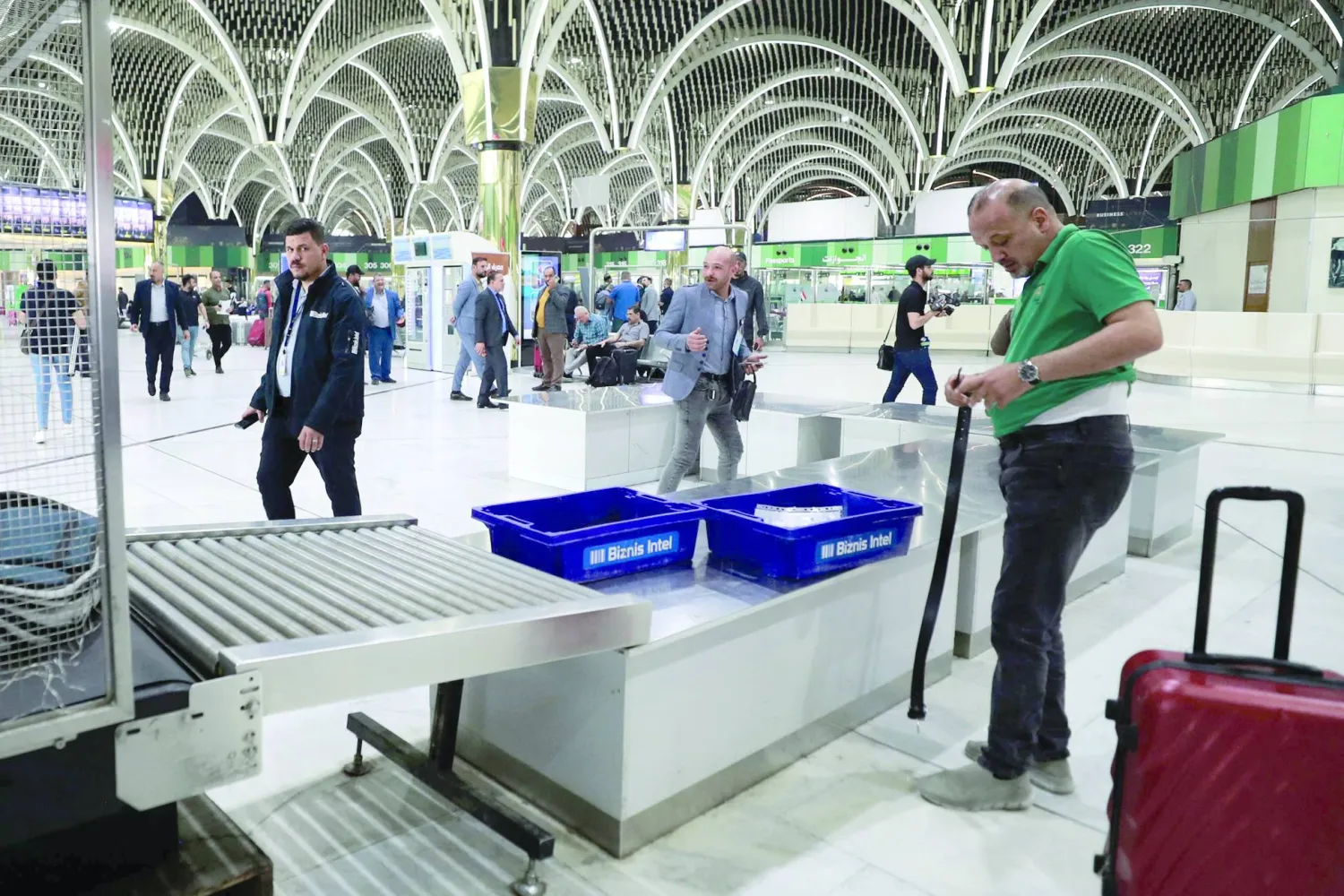Around 17 international humanitarian organizations have petitioned Israel’s Supreme Court to block an imminent order that would force 37 NGOs to cease operations in Gaza, the West Bank and east Jerusalem, warning of catastrophic consequences for civilians.
Organizations, including Doctors Without Borders (MSF), Oxfam, the Norwegian Refugee Council and CARE, were notified on December 30 that their Israeli registrations had expired and that they had 60 days to renew them by providing lists of their Palestinian staff.
If they fail to do so, they will have to cease operations in Gaza and the occupied West Bank, including east Jerusalem, from March 1.
The petitioners said enforcement has already begun in practice, with supplies blocked and visas denied to foreign staff.
“We haven't been able to get international staff inside Gaza since the beginning of January. Israeli authorities denied any entry to Gaza, but also to the West Bank,” MSF head of mission in the Palestinian territories Filipe Ribeiro told AFP last week.
The petition, described as unprecedented in its scale, seeks an urgent interim injunction from Israel's top court to suspend the closures pending full judicial review.
The 17 petitioners, which include some of the NGOs hit by the ban, argued the Israeli measures are incompatible with an occupying power's obligations under international humanitarian law.
The NGOs said compliance would expose local employees to potential retaliation, undermine the principle of humanitarian neutrality and violate European data protection law.
“Turning humanitarian organizations into an information-gathering arm for a party to the conflict stands in total contradiction to the principle of neutrality,” the petition stated.
The petitioners said they have proposed practical alternatives to handing over staff lists to Israel, including “independent sanctions screening” and “donor-audited vetting systems.”
The organizations noted that they collectively support or implement more than half of all food assistance in Gaza, 60% of field hospital operations and all inpatient treatment for children suffering severe acute malnutrition.









